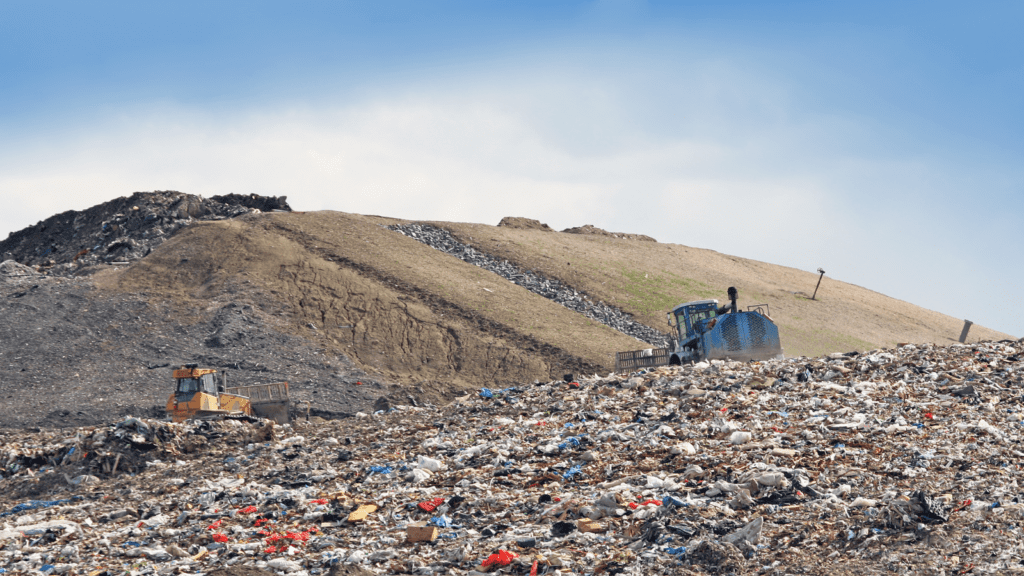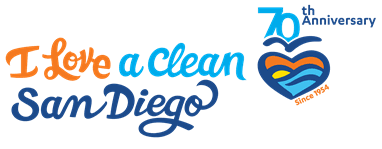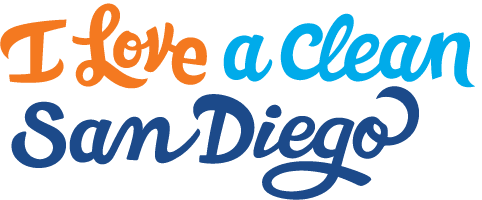So you’ve mastered the basics of recycling, but you’d like to further decrease your impact on our local landfills and the environment. Composting is a great way to cut down on the amount of food waste and green waste (grass clippings, plant trimmings, leaves, etc.) that you throw out each month. The EPA estimates in 2018, the rate of food and other municipal solid waste (MSW) organics composting was 4.1 percent (2.6 million tons), but much of it can actually be diverted from the landfill and composted instead.

Composting is the process of decomposing organic material into a humus-like substance by microorganisms, like bacteria and fungi, and macroorganisms, like worms and insects. The benefits of composting go beyond saving landfill space. Composting benefits your garden by improving soil texture and nutrient levels and saves water by increasing the water holding capacity of soil. The best thing about composting is that anyone can do it, whether you live in a home or an apartment.

For those of you interested in composting at home, there are several composting workshops held year-round through I Love A Clean San Diego’s program events. Attending these workshops, which are taught by our education staff, are a great way to learn about the basics of composting. Additionally, the Solana Center for Environmental Innovation holds composting workshops at various locations throughout San Diego. Also, composting workshops are held at the Escondido Community Garden and the Living Coast Discovery Center in Chula Vista.

As the leaves begin to fall during the autumn months you may find that your yard is producing more green waste than your compost bin can handle. Both the Miramar Greenery and El Corazon Compost Facility in Oceanside will accept yard waste to make into compost that is then available for purchase. Both facilities accept branches, grass, and leaves that are used to produce high quality compost. In fact, since its inception in 1995, El Corazon Compost Facility has processed over 1 million tons of green waste into compost.

To learn more about composting and other waste management resources visit our one stop recycling resource, WasteFreeSD.org.

